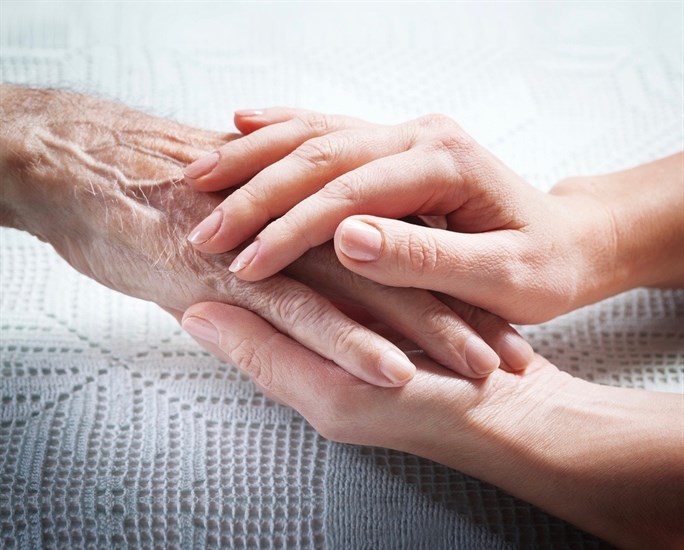
Image Credit: Shuterstock
September 11, 2019 - 7:00 AM
KELOWNA - Between Jan. 1, 2016 and June 30 of this year, there were 427 medically assisted deaths within Interior Health, representing 1.5 per cent of all deaths in the region, according to statistics gathered by the B.C. Ministry of Health.
Over the same timeframe provincially, there were 2,410 medically assisted deaths, which amounts to 1.8 per cent of total provincial deaths.
While the numbers don’t tell the story of the men and women who chose how and when to end their lives, the numbers do offer some insight into a growing area of medicine.
“For the most part our average age is still in around 75 years old, while the oldest person was in their 90s and the youngest was 35 years old,” Dr. Douglas Smith, Interior Health executive medical director for long-term care, palliative and end of life care and medical assistance in dying said.
“They were all persons who were suffering from difficult illnesses and the most common diagnosis is cancer.”
This mirrors national trends, and Health Canada cited cancer in about 65 per cent of all medically assisted deaths.
Another local statistic mirroring the national figures is that only 50 per cent who apply for medical assistance in dying actually go through with it.
Smith said the biggest reason is that patients get approved and then defer their treatment, and a smaller number of people die before they’re able to implement it.
Another commonality is that the caregivers of these men and women are pioneers.
While there has been uptake and acceptance, Smith said medically assisted dying is an ever-changing area of practice and, like anything, there have been bumps in its adoption.
“It takes time and some tension still exists,” Smith said.
“Back in the ‘90s, when palliative care was introduced as a specialty, some were on board right away because their beliefs aligned with the program, well.”
Then there were others who paused.
It’s much the same with medically assisted dying.
“It’s a serious consideration if you are going to incorporate it into your practice,” said Smith, who took on the lead administrative role in Interior Health just a few months ago.
He was actually practicing medicine when the legislation came through allowing medically assisted dying, and he remembers asking himself whether it was something he’d be able to do.
“Never did have a philosophical or ethical problem with this service,” he said.
“I remember when they announced that it was OK and we could go through and do this care, I wondered ‘would I be able to do something like this?’ I wasn’t thinking, ‘I shouldn’t be doing this.’”
“It’s a highly compassionate thing to do — early adopters have been courageous.”
What’s helping the program to evolve is patients, who are asking for more information from their doctors and from the health authority.
They are regularly approached to speak to groups who want to know more and health authorities and various levels of government are working to do just that.
It’s new — not exactly the type of service that’s suited to an advertisement — and the program that was cobbled together in its early days has changed.
“We’ve seen an evolution of the program itself, and we communicate to patients, doctors and the community,” he said. “Initially there was concern about privacy, and concern about providers of care… now it’s in the public domain.”
In order to be eligible for medical assistance in dying, a person must be eligible for health services funded by the federal government, or a province or territory (or during the applicable minimum period of residence or waiting period for eligibility, be at least 18 years old and mentally competent, have a grievous and irremediable medical condition, make a voluntary request for medical assistance in dying that is not the result of outside pressure or influence and give informed consent to receive medical assistance in dying.
That said, there's some indication that change may be ahead.
Council of Canadian Academies released a report in January that looked at the possibility of extending medical assistance in dying (MAID) to 'mature' minors — people under age 18 considered by doctors to be capable of directing their own care — people with psychiatric conditions and those making requests in advance.
The reports don't offer specific recommendations but are intended to guide discussion around potential legislative changes.
To contact a reporter for this story, email Kathy Michaels or call 250-718-0428 or email the editor. You can also submit photos, videos or news tips to the newsroom and be entered to win a monthly prize draw.
We welcome your comments and opinions on our stories but play nice. We won't censor or delete comments unless they contain off-topic statements or links, unnecessary vulgarity, false facts, spam or obviously fake profiles. If you have any concerns about what you see in comments, email the editor in the link above.
News from © iNFOnews, 2019